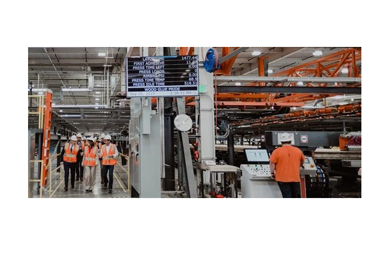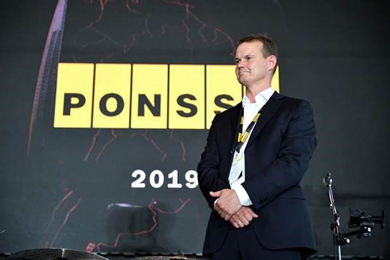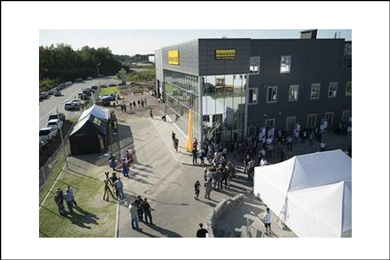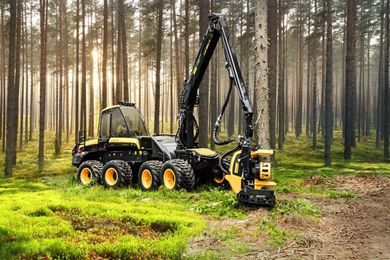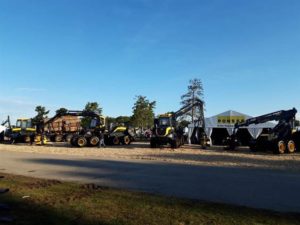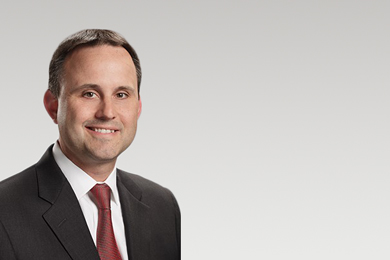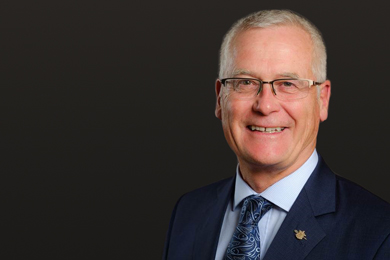British Columbia government has announced $69 million to fund a new series of measures aimed at supporting provincial forest workers impacted by mill closures and shift reductions in several B.C. Interior communities. The Interior forest industry has been reducing production in an effort to adjust to the end of the mountain pine beetle harvest and the devastating 2017 and 2018 fire seasons.
“The previous government knew that the end of mountain pine beetle harvest would disrupt the lives of forest workers, contractors and communities, but they did little to prepare for this inevitable transition,” said Premier John Horgan. “While the forest sector must reduce surplus milling capacity to remain competitive, it cannot do so at the expense of the workers, contractors and communities who built the industry. Our government will ensure that forest workers impacted by mill closures are supported.”
Premier Horgan and Doug Donaldson, Minister of Forests, Lands, Natural Resource Operations and Rural Development, met with the chief executive officers of the major Interior forest companies to set out measures to support forest workers in the months and years ahead. Those measures include:
$40 million to establish a new cost-shared, early-retirement bridging program for older forest workers;
$15 million to establish a new short-term forest employment program, focused on fire prevention and community resiliency projects;
$12 million for workers to access skills training, and for employer and community grants for training;
$2 million to establish a new job placement co-ordination office that will track the transition and employment of impacted forest workers on an individual basis; and
Community support grants aimed at providing short-term assistance to communities more profoundly impacted by the closure of a major forest employer.
“The Province is committed to supporting the people impacted by this change, but we need the forest industry and the federal government to step up and do their part as well,” Donaldson said. “I’m hopeful that the Interior forest sector recognizes that the new industry that will arise from this transition will need skilled, experienced workers to produce new forest products that can compete in global markets.”
Donaldson called on the forest industry to increase supports for impacted workers, ensure key corporate leaders are working on the industry transition and ensure that it does a better job of communicating effectively with affected workers and communities.
“The forest industry and its workers have built the success of the industry and bolstered B.C.’s economy for decades,” said Harry Bains, Minister of Labour. “I am pleased that my ministry can help deliver solutions that provide direct and tangible support to workers impacted by current challenges in the forest industry and that will help sustain family-supporting jobs in communities that are home to the industry and its workers.”
“Over the summer, I met with workers, industry and elected officials in many of the Interior communities impacted by permanent and indefinite mill closures. The $69 million our government is providing to support impacted workers and families and enable resilient forest communities is a direct result of my discussions with the people who live and work in these Interior communities,” said Ravi Kahlon, Parliamentary Secretary for Forests, Lands, Natural Resource Operations and Rural Development.
“We’re ensuring that impacted forestry workers and their communities have access to retraining and supports they need to assist them with this transition. We’re providing funding for skills training programs and employer and community grants that will give people the new skills they need to prepare for sustainable employment and good family-supporting jobs,” said Melanie Mark, Minister of Advanced Education, Skills and Training.
“We appreciate the Province recognizing these supportive measures needed for impacted workers as industry adapts to declining timber supply. This funding for workers’ support aligns with our efforts at West Fraser to ensure continuing employment and opportunity for our hard-working employees and their families as industry works together with government on longer-term solutions to our current challenges,” said Ray Ferris, CEO, West Fraser.
“The Public and Private Workers of Canada stands with the provincial government today. In doing so, we recognize the value of what is being offered to the people of rural British Columbia. It was through communication, co-operation and compassion with and for the affected forestry workers and the communities they call home that relief will be forthcoming. We will continue to work to save jobs, but have to be realistic with the situation at hand and help people transition in a changed landscape. This funding announced today is just a start in the effort needed to accomplish this transition,” said Gary Fiege, president, Public and Private Workers of Canada.
“Taking this step to support workers and their families is the right thing for the B.C. government to do. Forestry workers are facing enormous challenges across the Interior right now and we know that with the right supports for these workers and with the right investments by corporations, the forestry sector can rise to meet these challenges and be a vital part of our sustainable future,” Gavin McGarrigle, western regional director, Unifor.
Photo: Honourable Doug Donaldson
Minister of Forests, Lands, Natural Resource Operations and Rural Development

